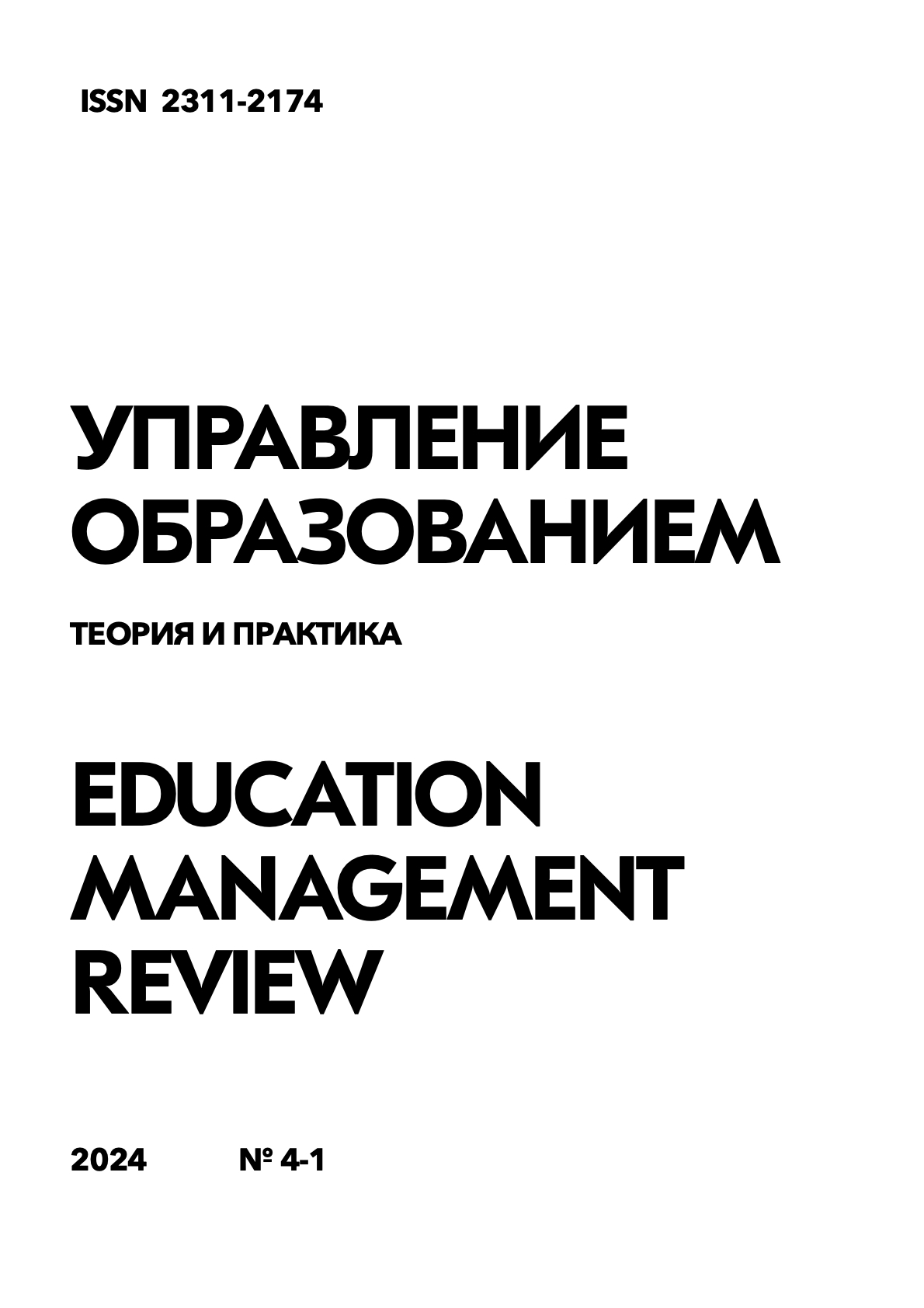The possibilities of using intensive learning technologies in the training of a specialist in the field of media communications
Keywords:
training of a specialist in the field of media communications, intensive learning technologies, binary lecture, the method of «buzzing groups», intelligence cards, a folder with incoming documentsAbstract
The relevance of the research is due to the need to improve the methodological support for training specialists in the field of media communications in the context of the digital transformation of the media industry and the higher education system. The purpose of the work is to identify the possibilities of using intensive learning technologies for the formation of professional competencies among students of the 42.03.05 «Media Communications» training area. The methodological basis was based on activity-based and contextual approaches, as well as a set of empirical methods: a survey, a questionnaire, interviews, focus groups (sample - 109 people). Key results: 1) deficiencies of traditional teaching methods of specialized disciplines have been identified; 2) optimal intensive technologies for implementation (binary lecture, the method of «buzzing groups», intelligence maps, etc.) have been identified; 3) their effectiveness has been experimentally proven for the development of cognitive interest, communicative abilities and practical skills of students; 4) methodological recommendations for integration have been developed these technologies are included in the educational process. The research is of applied importance for the modernization of educational programs for the training of media specialists. It is advisable to direct further research to scaling and a comprehensive assessment of the effects of the identified pedagogical innovations.
References
Березовская И.П. Проблема методологического обоснования концепта «клиповое мышление» // Научно-технические ведомости Санкт-Петербургского государственного политехнического университета. Гуманитарные и общественные науки. 2015. № 2(220). С. 133-138.
Беспалько В.П. Слагаемые педагогической технологии. М.: Педагогика, 1989. 192 с.
Вартанова Е.Л. Медиасистема в России: уч. пос. для студ. вузов. М.: Аспект Пресс, 2015.
Вербицкий А.А. Активное обучение в высшей школе: контекстный подход. М.: Высшая школа, 1991. 207 с.
Вербицкий А.А. Активное обучение в высшей школе: контекстный подход. М.: Высшая школа,1991. 207 с.
Волкова В.В., Суворов В.Л., Федотов В.В. Технологии профессионально ориентированного обучения: уч. пос. М.: ВАГШ, 2012. 178 с.
Кирия И.В., Новикова А.А. История и теория медиа: учебник для вузов. М.: ИД ВШЭ, 2017.
Китайгородская Г.А. Методические основы интенсивного обучения иностранным языкам. 2-е изд., испр. и доп. М.: Изд-во Московского университета, 1986.
Корконосенко С.Г. Основы журналистики: учебник для вузов. Изд. 2-е, перераб. и доп. М.: Аспект Пресс, 2009. 316 с.
Лазутова М.Н., Правдина М.В. Медиаобразование в России: опыт и перспективы. М.: РГГУ, 2018.
Лозовский Б.Н. Журналистика и средства массовой информации: краткий словарь. Изд. 2-е, испр. и доп. Екатеринбург: Уральский государственный университет, 2007. 69 с.
Мясникова М.А. Практическая подготовка арт-журналистов в рамках профессионального медиаобразования // Медиаобразование. 2019. № 1. рр. 89-106.
Фатеева И.А. Медиаобразование: теоретические основы и практика реализации // Вестник Челябинского государственного университета. 2008. № 30. Р. 185.
Федоров А.В. Медиаобразование: история и теория: уч. пос. М.: МОО «Информация для всех», 2015. 450 с.
Digital News Report 2022. Reuters Institute and University of Oxford. https://reutersinstitute.politics.ox.ac.uk/digital-news-report/2022
Deuze M. Media life and media work. Cambridgeshire: Polity. Press, 2012.
Fedorov A., Levitskaya A. The framework of media education and media criticism in the contemporary world: The opinion of international experts // Comunicar, 2005. № 23(45). рр. 107-115.
Fulton J., McIntyre P. Creativity and cultural production: Issues for media practice. L.: Palgrave Macmillan, 2012. 87 р.
Schwab K. The fourth industrial revolution. Ginebra: World Economic Forum, 2016. 172 pp.
Downloads
Published
How to Cite
Issue
Section
License

This work is licensed under a Creative Commons Attribution-NonCommercial-NoDerivatives 4.0 International License.




